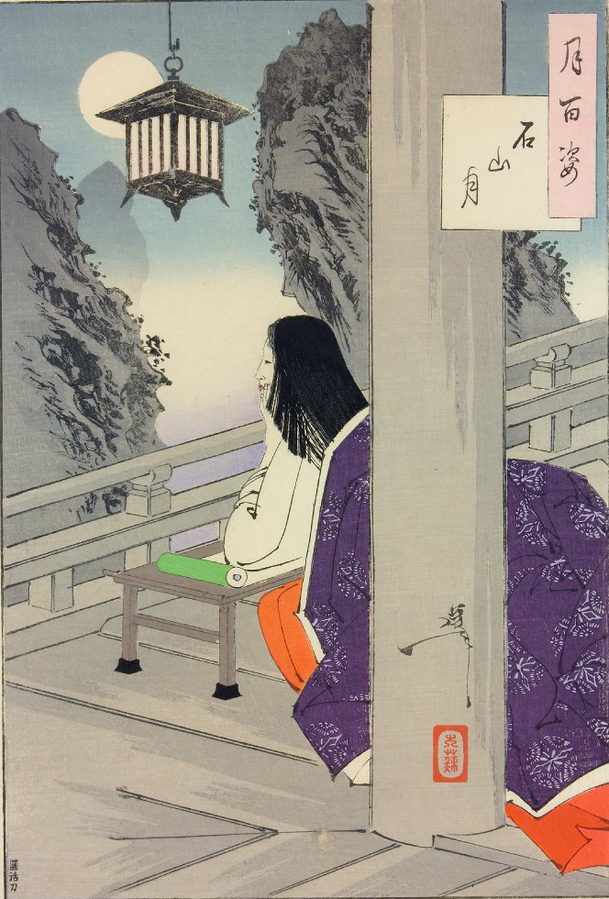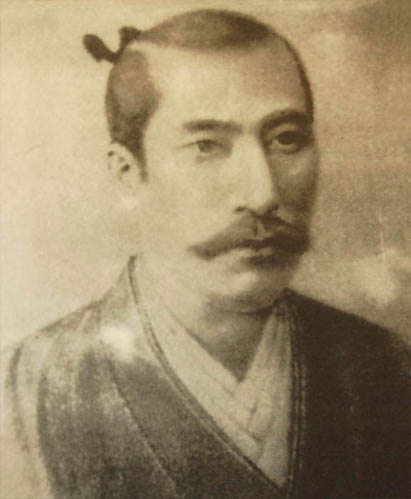
Notable Japanese Figures
Throughout the course of history, Japan has been blessed with men and women who have shaped and impacted humanity. Here are a couple of notable Japanese who have changed lives:
 Oda Nobunaga (織田 信長, June 23, 1534 – June 21, 1582)
Oda Nobunaga (織田 信長, June 23, 1534 – June 21, 1582)
Oda Nobunaga was a powerful daimyo (territorial lord) responsible for early efforts in uniting the whole of Japan under the shogunate (system of government of a feudal military dictatorship) in the 16th century until the Meiji Restoration in 1868.
He is remembered for being one of the most intense figures of the Sengoku period and is considered one of Japan’s greatest rulers. Oda Nobunaga is said to have changed the way war was fought in Japan. He developed and implemented the use of firearms, long pikes, and castle fortifications which later contributed in the formation of the Tokugawa shogunate.
Oda Nobunaga was not only a brilliant man in the battlefield; he was also a keen businessman. He appreciated and practiced the principles of microeconomics and macroeconomics. He made local castle towns the center of a more modern agricultural economy. Nobunaga developed roads between castle towns to facilitate better trading and move armies faster at greater distances. He expanded trade beyond China and Korea to Europe, Siam, the Philippines, and Indonesia. He instituted policies to encourage business using a free market system that prohibited monopolies, opened privileged unions, and offered tax exemptions.
 Murasaki Shikibu (紫 式部, Lady Murasaki, c. 978 – c. 1014)
Murasaki Shikibu (紫 式部, Lady Murasaki, c. 978 – c. 1014)
Murasaki Shikibu was a well-known Japanese poet, novelist, and lady-in-waiting at the Japanese Imperial Court during the Heian period. Her most notable work is the Tale of Genji, written in Japanese between 1000 and 1012. “Murasaki Shikibu” is said to be a nickname and she is best known by it, but her real name is Fujiwara Takako as was mentioned in a court diary in 1007.
Ishiyama Moon – Lady Murasaki, circa 1889.
She taught herself Chinese, the written language of the Japanese government. She quickly became fluent and began to appreciate Chinese classical literature. She married in her twenties and had a daughter but she was soon widowed. She had a reputation for being a good writer, which was the reason she was invited to be lady-in-waiting to Empress Shōshi. She continued to write throughout the course of her service, giving her readers a glimpse of life in the Imperial Court. Murasaki Shikibu also wrote The Diary of Lady Murasaki, a volume of poetry. The Tale of Genji was widely distributed and read all over Japan and it was soon recognized as one of Japan’s classic literature. The Tale of Genji is known as the world’s first novel.
